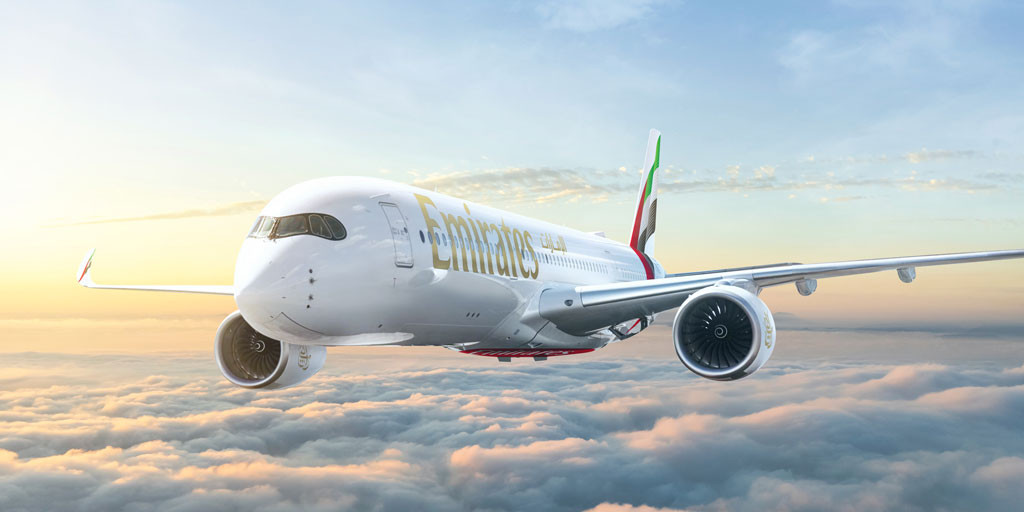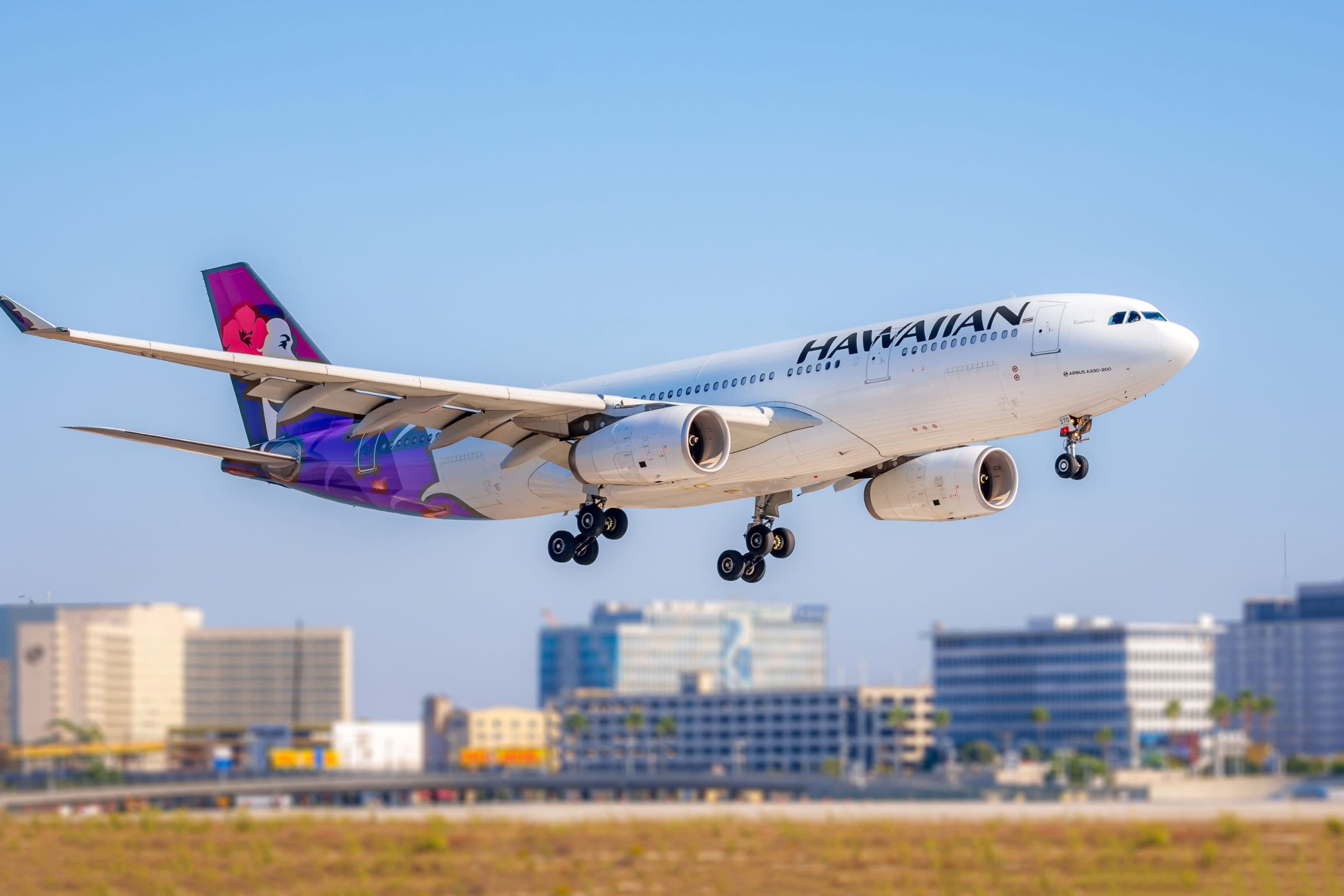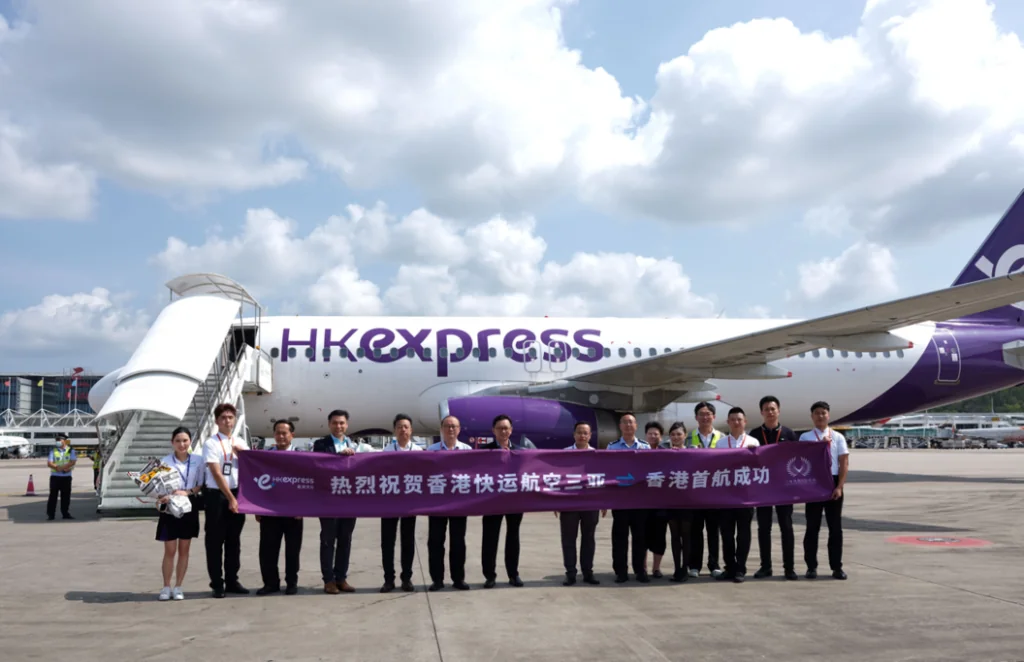Emirates announces its A350 aircraft will serve the first set of destinations. Emirates plans to deploy this new craft into service in September 2024. With 10 new A350s expected to join the Emirates fleet by 31 March 2025, the airline plans to deploy its latest aircraft type to 9 destinations in the coming months. In addition to experiencing a new craft, Emirates is also offering customers its latest signature cabin experiences.
These first 10 Emirates A350 aircraft will offer three cabin classes. This includes 32 next-generation Business Class seats, 21 seats in Premium Economy, and 259 generously pitched Economy Class seats. Emirates earmarks all of these aircraft to serve short to medium-haul cities on its network. Emirates announces that it will set Bahrain as the inaugural destination.
As the first Emirates A350s begin entering the fleet, the airline will offer customers more opportunities to experience its highly acclaimed Premium Economy product. Additionally, travellers can also sample its next-generation Business Class cabins for the first time.
Newly delivered aircraft sporting the airline’s latest cabins will roll into scheduled service to the following cities:
In the Middle East/GCC
- Emirates will operate its first A350 to Bahrain on the daily EK839/840 service from 15 September. The frequency of A350 services will progressively increase to cover two Bahrain services with the second service starting on 1 November.
- The first Emirates A350 will land in Kuwait on the daily EK853/854 service on 16 September.
- Emirates will serve Muscat’s daily route EK866/867 with the A350 starting from 1 December.
West Asia
- The Emirates A350 will be deployed on EK502/503 to Mumbai from 27 October.
- Emirates will serve Ahmedabad’s daily EK538/539 by the A350 from 27 October.
- Colombo’s fourth daily service EK654/655 will be served by the A350 from 01 January 2025.
Europe
- Emirates will operate daily flights to Lyon with the Emirates A350 starting from 1 December.
- Emirates will commence service to Bologna with the A350 aircraft from 1 December.
- Edinburgh will rejoin the Emirates network from 4 November, operated by the A350. More details to follow soon.
Emirates will announce more destinations in the coming months as new aircraft join its fleet. Emirates opens sales for flights to A350 destinations today, and passengers can book them on emirates.com, the Emirates App, or through travel agents.







